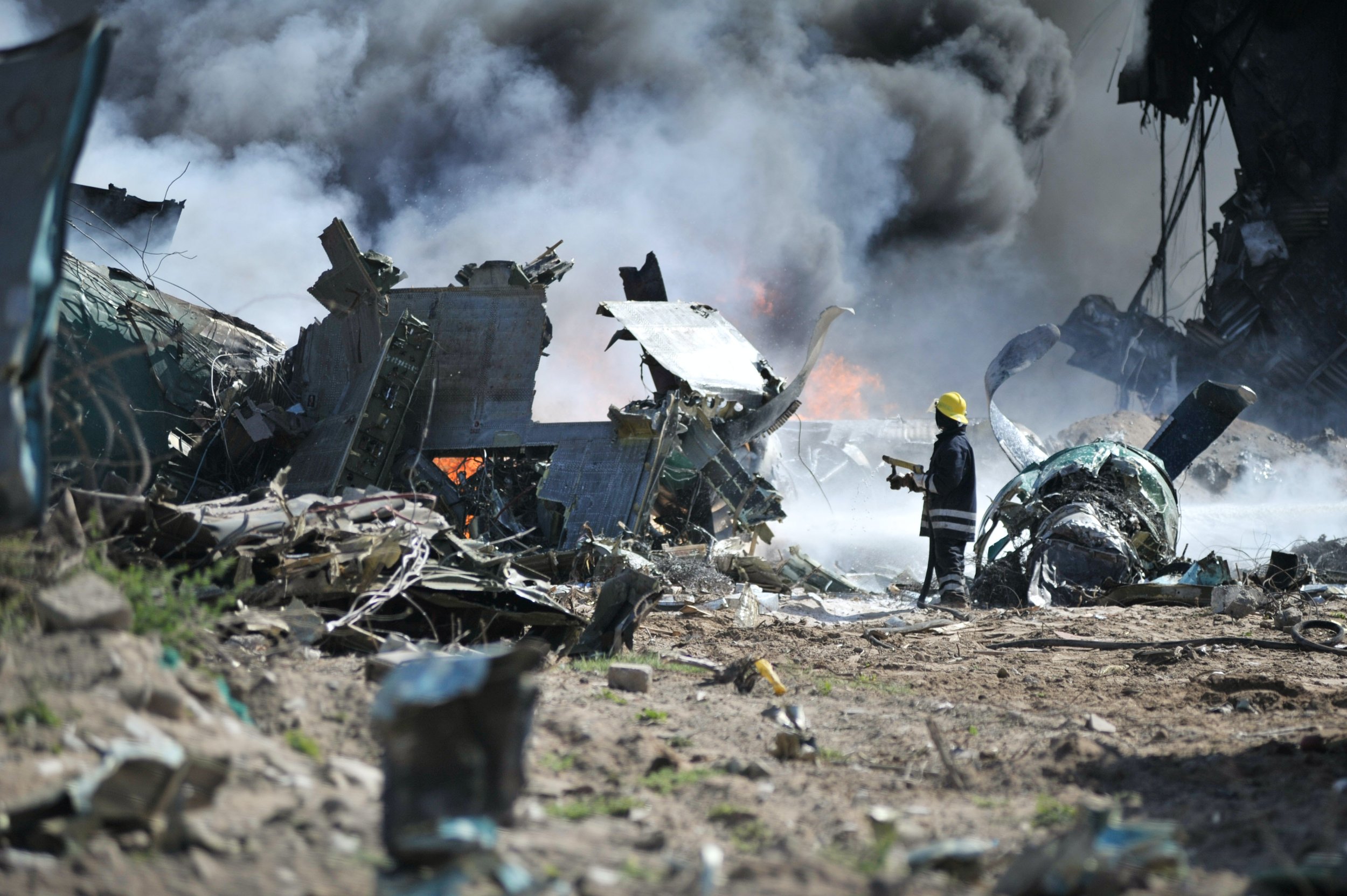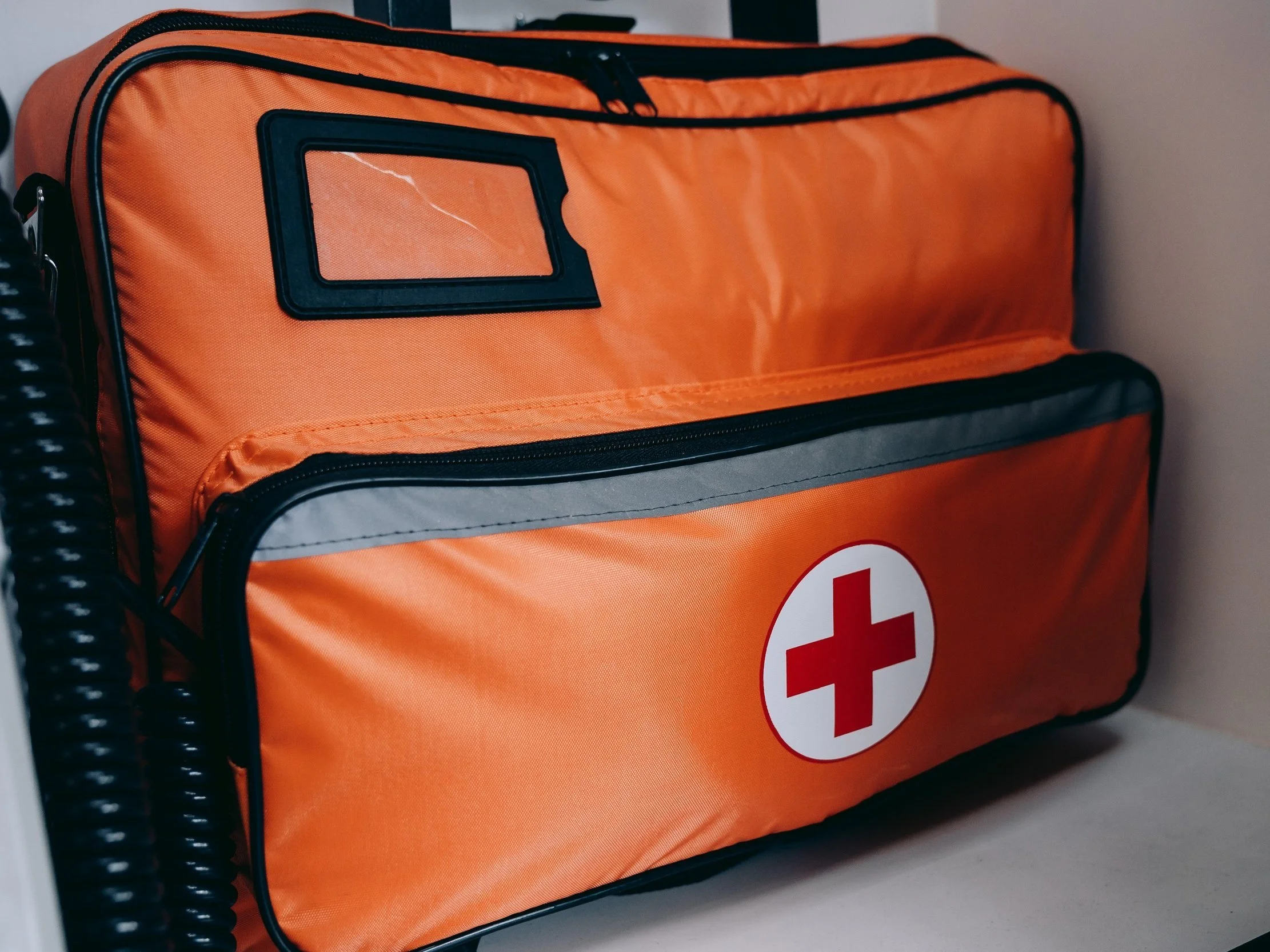Put people first in a disaster event – the heart of managing disaster recovery
/People are an essential part of any organisation and need to be kept safe physically and mentally in the event of a major disaster. Standby Consulting has been involved with many disaster events, and we have learnt from both practical experience and research on disasters. Here are some examples of what to expect, to help you take care of the people in your organisation when the unexpected happens.
Keep your staff informed
Uncertainty is a huge stress factor following a major disaster. The better informed your people are, the easier it is for them to make sense of things and cope with what is happening.
When a disaster event occurs, work quickly to set up a way to distribute important information as well as regular updates and messages – SMS blast groups, or WhatsApp or Facebook – whatever platforms are practical and accessible to keep them informed. If you are using social media, be mindful of what you put up as the news media do proactively search it for “news”.
Offer help to your staff
If you can, offer help to your staff to get their family life back to normal. Sure, it is outside the normal requirements for a business, but staff will appreciate it. In many ways all your staff are part of your “family” and providing wraparound support in a crisis is what families do for each other. It may be useful to assign this to someone in your team with good rapport and practical skills, who is better placed to work with your staff and identify how best to support them. Give them the autonomy and resources they need to do this well. Even if you cannot help someone directly or they do not need help, the fact that you cared enough about them to offer will be appreciated.
Tap into any undiscovered skills within your team
Your staff normally only show one set of skills at work. You may find that some have undiscovered hobbies or skills which are of great benefit in times of crisis or following a disaster event. For example, they may have a four-wheel drive or a trail bike that can get through difficult roads. Or they may have radio skills, have tents or other equipment that could help with things like communications or temporary accommodation.
Make sure your staff are keeping healthy
Following the Christchurch and Kaikoura quakes, Canterbury Health were advising on the risk of water borne diseases. It’s important to listen for public health advice in times like these and make sure your staff are aware of any risks. It may be possible for you to pool resources within your team to ensure everyone has essential items for getting through safely – for example, supplying a gas burner to someone who doesn’t have one to help them boil water until it’s safe to drink from the town supply again.
Also, the risk of food poisoning can increase if refrigeration has failed or been compromised, so providing information on food safety and risk, and how to store and prepare food without refrigeration, and what not to eat.
Watch for signs of stress
People exhibit stress in different ways. Some will go quiet; some will cry; some will flare up and “explode”. Those who express their stress, this is a good thing. Take their outbursts on the chin and move on. The ones to watch for are the ones that go quiet, will not talk about the events and seek solitude. Try and assign a buddy to these people and give them someone to talk to. You probably need to invest in the provision of personal counselling for them. It is best to make an offer of counselling rather than forcing it on them. However, sometimes people do not realise they are in trouble or will not want to make a fuss. Seek professional advice around how to encourage them to engage in some form of support.
Manage your staff
You will see different reactions from your staff, both during and after a disaster event. Some will ride through the event and even rise to the occasion. Others will have great difficulty dealing with it. For those who step up and take on additional responsibilities, the greatest danger with them is that they will work long hours and get excessively tired. Take a firm hand with these people and demand that they take a break, get proper rest. Don’t leave it to them to decide as they will inevitably sell themselves short, but give them a time you expect them to return to work.
Finally, manage yourself
One of the big lessons that came out of the Christchurch Earthquake is that many organisations flew in extra managers, office managers and other key business personnel. The local manager will have a horrendous workload to deal with; they have experienced a major event, plus had to deal with the needs of his or her family and to get their personal life back together. The imported personnel are better placed to focus on the business recovery in a clear logical fashion. It is a sign of a good manager when he or she asks for help. Tired managers make mistakes and can “flare up” or make poor decisions when very tired, only to regret it later.
Remember – people come first.
Standby Consulting is a Business Continuity specialist, providing disaster recovery strategies and business continuity planning to clients in New Zealand and internationally, predominantly in the Middle East. For a discussion around building or testing a business continuity plan for disaster preparedness, get in touch here






